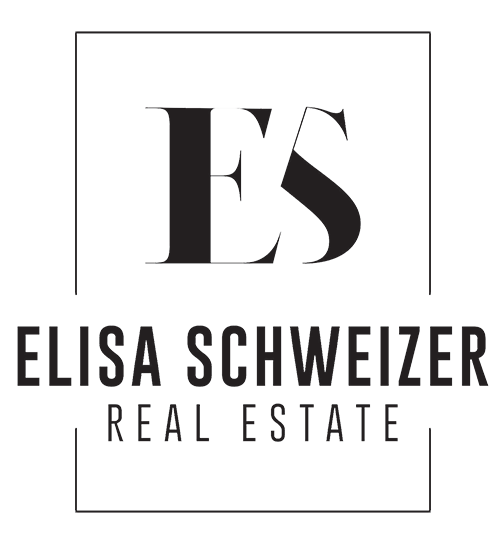FHA 100 Financing: A Comprehensive Guide to No-Money-Down Home Loans
Owning a home is a dream shared by many, but for some, the prospect of saving up for a substantial down payment can be a significant obstacle. However, for those aspiring homeowners, there is good news: the Federal Housing Administration (FHA) offers a program known as “FHA 100 financing,” which allows eligible borrowers to secure a home loan without putting any money down as a down payment. In this article, we will delve into the details of FHA 100 financing, its benefits, eligibility criteria, and considerations for prospective borrowers.
Understanding FHA 100 Financing:
FHA 100 financing is an initiative designed to make homeownership more accessible to a broader range of individuals, particularly first-time homebuyers or those with limited financial resources. The FHA, an agency within the U.S. Department of Housing and Urban Development (HUD), insures mortgages issued by approved lenders. By providing this insurance, the FHA reduces the risk for lenders, encouraging them to extend home loans to borrowers who might not qualify for conventional financing.
Under the FHA 100 financing program, borrowers can obtain a home loan covering the full purchase price of the property, without the need for a down payment. This is particularly advantageous for those who struggle to save up the typical 10% to 20% down payment required by conventional loans. By offering this option, the FHA aims to open up homeownership opportunities to a more diverse group of Americans.
Benefits of FHA 100 Financing:
- No Down Payment: The most apparent advantage of FHA 100 financing is the elimination of the down payment requirement. This allows borrowers to purchase a home without having to pay a substantial lump sum upfront, making homeownership more achievable.
- Lower Credit Requirements: While FHA loans still consider credit history, the credit score requirements are often more lenient compared to conventional loans. Borrowers with less-than-perfect credit may find it easier to qualify for FHA financing.
- Competitive Interest Rates: FHA loans typically offer competitive interest rates, making them attractive to borrowers who want to take advantage of affordable homeownership.
- Flexible Income and Debt-to-Income Ratio (DTI) Limits: The FHA takes into account a borrower’s overall financial situation, including their income and existing debts, when assessing eligibility. This flexibility benefits borrowers with moderate income levels or higher debt loads.
Eligibility Criteria for FHA 100 Financing:
To be eligible for FHA 100 financing, potential borrowers must meet certain requirements:
- Credit Score: While FHA loans are generally more forgiving when it comes to credit scores, applicants with a credit score of around 580 or higher have a better chance of approval. Some lenders may consider lower scores, but applicants should strive to improve their credit standing before applying.
- Steady Income: Borrowers must have a stable employment history and sufficient income to demonstrate their ability to repay the loan.
- Debt-to-Income Ratio: The FHA sets limits on the percentage of monthly income that can go toward debt payments, including the new mortgage. Typically, the DTI ratio should be below 43% to qualify for FHA financing.
- Residency and Citizenship: Borrowers must be U.S. citizens or legal residents with a valid Social Security number.
- Property Requirements: The property being purchased must meet certain safety and livability standards set by the FHA.
Considerations for Prospective Borrowers:
While FHA 100 financing presents an attractive option for aspiring homeowners, it’s essential to consider a few aspects before committing to this type of loan:
- Mortgage Insurance Premium (MIP): FHA loans require an upfront mortgage insurance premium and an annual premium that is added to the monthly mortgage payments. This insurance protects the lender in case the borrower defaults on the loan.
- Loan Limits: FHA sets loan limits for different regions, which may vary based on the local cost of living. Borrowers should be aware of these limits when searching for homes.
- Home Equity: Since no down payment is made, borrowers start with little to no equity in the home. This could become a concern if the property’s value does not appreciate or decreases over time.
FHA 100 financing provides a pathway to homeownership for individuals who may not have the means to make a traditional down payment. The program’s relaxed credit requirements, competitive interest rates, and no-money-down feature make it an appealing option for many prospective buyers. However, borrowers should carefully weigh the pros and cons and ensure they meet the eligibility criteria before choosing FHA 100 financing. As with any major financial decision, seeking guidance from a knowledgeable mortgage professional can be beneficial in navigating the complexities of the homebuying process.







